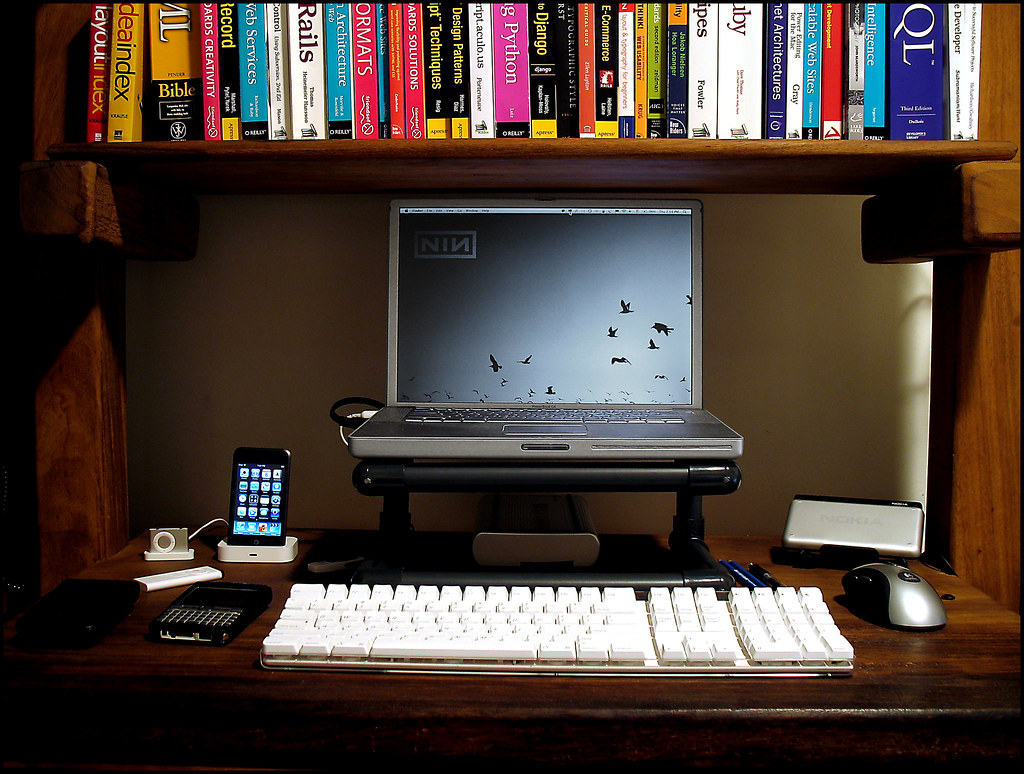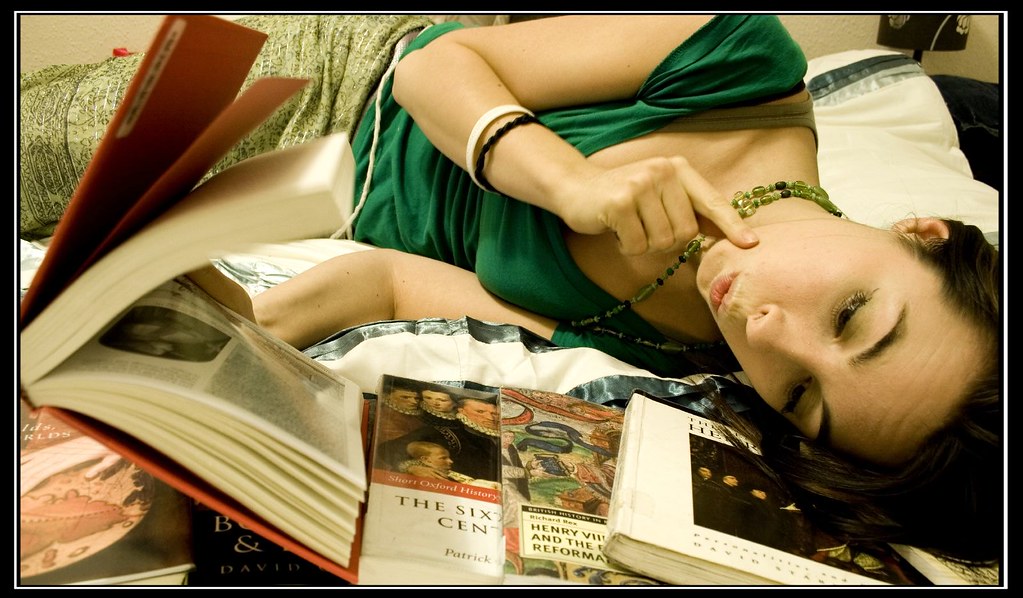I found Mashcat a really interesting unconference. I won't pretend to have understood everything that was talked about, but I definitely learnt a lot! These are the slides/blog posts from my favourite sessions.
Ed Chamberlain, Text to data [slides]
Gary Green, A Travellers Map in Yahoo Pipes (Really cool visual way to search subject headings referring to places)
Owen Stephens, Boutique Catalogues (Includes demonstration of how a catalogue could be customised for musicians, creating faceted indexes for key, bpm and time-signature)
Presenting
Ned Potter, Good presentations matter
Libraries and the Internet
Lauren Smith, Internet Access and Public Libraries
Phil Bradley, Libraries charging for internet access is wrong
Voices for the Library, Free internet access should be a cornerstone of every public library
Ian Clark, Barking libraries - tiny cuts or massive scars?
CILIP, Act risks limiting internet access in libraries, schools and universities
E-books
Alison Flood, Call to 'move libraries into 21st century' sparks ebook lending review
Volunteer libraries
CILIP, Value of staff at heart of revised volunteer policy
Dalya Alberge, Authors face royalty threat from volunteer libraries
Ian Anstice, Surrey chooses volunteers over paid staff at the same cost
Online learning
Emma Cragg, Where next for 23 Things? (I've heard a lot about coursera lately, and I'm definitely going to look into it when I finish my MA. One course at a time though...)
 |
| By Guillermo Esteves on Flickr |

